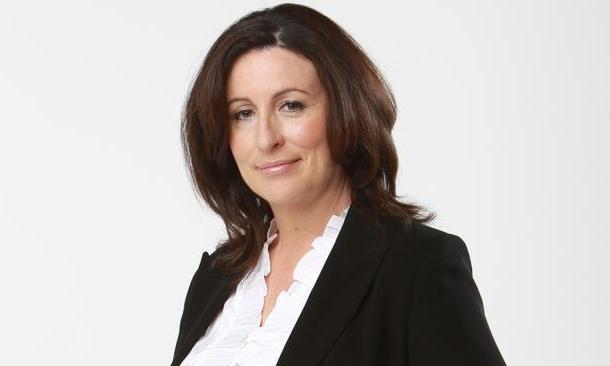
The Australian Press Council has ruled that a column from News Corp writer Miranda Devine, and a subsequent podcast featuring US religious commentator Ryan T Anderson were misleading.
In 2017 Devine published a column What Madness Can Justify Mutilating Our Children which argued against recognising and treating children and teenagers who are transgender.
This was followed up in 2018 with a podcast titled Ryan T. Anderson joins Miranda Devine live on gender identity’. There were multiple complaints about both pieces of content and the claims that were made within the podcast and the original article.
Devine stated that there was a “pernicious social fad for transgenderism in children which has been embraced by an activist subset of the medical profession” and went on to say there was “no evidence” that proceeding with gender affirming treatments would reduce the occurence of self harm among transgender youth.
“Yet there is no medical evidence to justify the epidemic of transgender kids. No evidence that changing sex will reduce the incidence of self-harm or suicide or lessen the impact of other associated mental states such as depression or autism.” Devine said.
News Corp defended the article saying the the publication said the article and the content of the podcast were clearly identified as opinion and the author was entitled to express her opinion concerning the medical practices administered to children and adolescents in gender clinics.
The publisher said that in making comments, particularly those concerning there being “no evidence” of the matters referred to, Devine had relied on interviews with medical experts in the field, widespread reading of the scientific literature and anecdotal evidence of parents and people who regret childhood hormone or surgical interventions, as well as the experiences of a transgender friend of the author.
The Press Council however disagreed and ruled that in making the statement that there was “no evidence” the newspapers had breached Principle One of their code of conduct that requires publications take reasonable steps to ensure that factual material is accurate and not misleading and is distinguishable from other material such as opinion, and had also failed to meet Principle 3, are requirement that expressions of opinion are not based on significantly inaccurate factual material or omission of key facts.
The council said while Devine’s column was an opinion piece, it contained information within it that was presented as facts, as such these statements should be held to account.
The ruling also found that Devine and News Corp had not broken several other standards, including a requirement to take reasonable steps to avoid causing or contributing materially to substantial offence, distress or prejudice, or to a substantial risk to health or safety, unless doing so is sufficiently in the public interest
The Council said they accepted that the columnist’s descriptions of medical procedures as “mutilation”, “child surgical abuse” and a “monstrous assault on their developing bodies” were likely to cause offence and distress amongst those undergoing such treatment and amongst their families, and were also likely to cause or exacerbate prejudice.
However, the Council considers there is public interest in vigorous public debate about the issue, even when an argument is expressed in very strong terms, as is the case here. The Council considered that to the extent there was substantial offence, distress and prejudice, it was justified in the public interest.
OIP Staff






